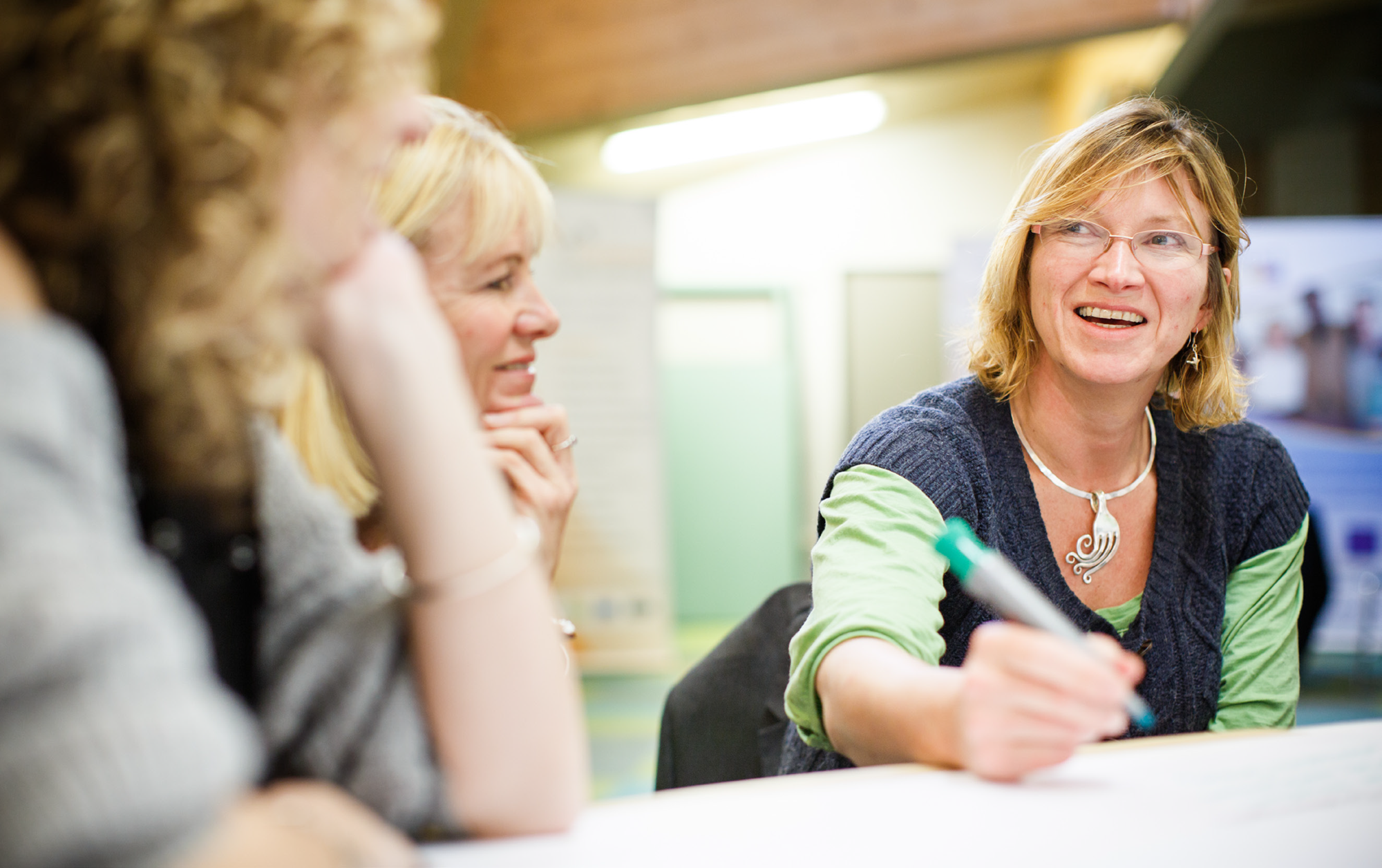
Reflective Practice
Reflective Supervision Is “A Relationship For Learning” (Shahmoon-Shanok, 1995)
What Is Reflective Supervision?
Reflective supervision is a key component of infant and early childhood mental health practice and a requirement to receive AIMHiTN Endorsement®. Reflective supervision like other aspects of infant and early childhood mental health, is characterized by the value it places on relationship-based practice. Reflective supervisors attend to relationships on multiple levels including the relationships between practitioners and supervisors, between practitioners and parents/caregivers, and between parents/caregivers and children. Reflective supervision also attends to the parallel process as it is understood that each relationship affects the others.
“It Is Not Possible To Work On Behalf Of Human Beings To Try To Help Them Without Having Powerful Feelings Aroused In Yourself” (Pawl, 1995, P. 24.)
Reflective supervisors recognize that practitioners experience strong emotions when working with infants, young children, and their families. Reflective supervisors, therefore, address the emotional content of the work and how the practitioners’ emotional reactions affect their work.
Reflective Supervision Supports Practitioners In Providing Best-Practice, High-Quality Care To Families
The relationship between the reflective supervisor and practitioner is characterized by reflection, collaboration, and regularity (ZERO TO THREE). The reflective supervisor creates a safe atmosphere, listens to the supervisee, asks questions, remains emotionally present, and provides support and guidance. This allows the supervisee to think deeply about a family, about their thoughts, feelings, and perceptions of that family, and about the best path to move forward in working with the family. As the practitioner is supported by the supervisor, the practitioner can similarly support a family.
Click here for Best Practice for Reflective Supervision/Consultation Guidelines.
Click here for Selected books, articles, and videos on reflective supervision.
Click here for the Reflective Supervision information sheet
Click here for the Reflective Supervision Information Sheet Spanish
Please contact us at reflectivepractice@aimhitn.org if you or someone you know is seeking individual Reflective Supervision.

